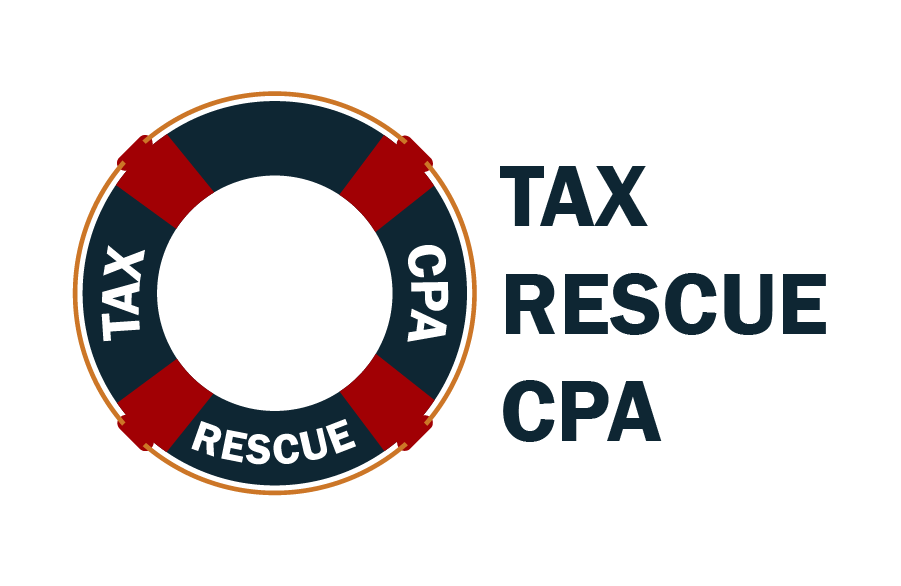The IRS Exam Process – What you Need to Know
Oh no, there is a letter from the IRS in the mailbox. It is more often bad news then good. And being audited by the IRS is very much on the “bad” side of things.
To better understand an IRS Exam let us look at the types of audits, what is being audited, your steps to prepare and how to deal with the auditor.
Type of Audits
There are three types of audits: Correspondence, Office, and Field Audits.
A Correspondence or Mail Audit is the most common type of audit. The IRS has questions about an item on your return and would like to see some support. You mail in the documents supporting your position and you are done.
With an Office, or Desk, Audit the IRS would let to meet you! In this audit you will bring your paperwork to your local IRS office for a face-to-face meeting with the auditor.
The most serious, Field Audit, is when the IRS auditor comes to your business. To generate this level of interest, the IRS is expecting to find a significant amount of revenue. Consider hiring a professional to handle the details.
Understand what is being audited
The initial letter from the IRS should spell out the areas of interest. Questionable expenses, unreported income, or details of an Earned Income Credit. When you begin to prepare for the audit, zero in on these areas. Also, look at the years surrounding the audit year. If the audit hits the jackpot on one year, the others will probably be audited soon.
Steps to prepare
Success with an IRS examination lies almost entirely on preparation. Having the needed documents and understanding the questionable areas will go a long way to resolve the audit quickly and in your favor. Focus your preparation here:
- Hardcopies of tax returns. Get your hands on the tax returns being audited and at least two surrounding years.
- Support documents. Grab support documents, bank statements, receipts, accounting records, mileage logs, etc for everything specifically being audited AND everything loosed tied to it. Audits can lead to rabbit trails.
- Review everything you have gathered. Perform an audit on yourself. Determine what your exposure is. Better to know ahead of time, then be blindsided.
Deal Professionally with the Auditor
Use common sense. The IRS auditor is a person too. They are doing a job. Treat them that way. Here are some ways to deal with the auditor.
- Provide information as requested, when promised. Do not make the auditor chase you.
- Keep your comments on a professional level. Trust me, they have heard all the jokes.
- Do not post anything about the Audit/Auditor to your social media accounts, they have social media too.
- Be honest. Do not lie and show dishonestly. This will bring into question everything about your return. If you made a mistake on the return, be upfront about it.
- Make it easy for the auditor to understand your position and therefore agree with it. The IRS places a huge burden on auditors to produce, and they want to finish your audit and move on just as much as you do.
- Ask questions if there is something you do not understand. Your auditor deals with taxpayers every day, but you do not deal with auditors. Ask to clarify any issues at hand.
An IRS exam can be a daunting process. It is intimidating. It is stressful. It is potentially expensive.
If you need help with an IRS Exam, contact me:
Jeff
Roltgen, the Tax CPA
208-619-9517
Jeff@RoltgenTaxCPA.com
www.RoltgenTaxCPA.com









